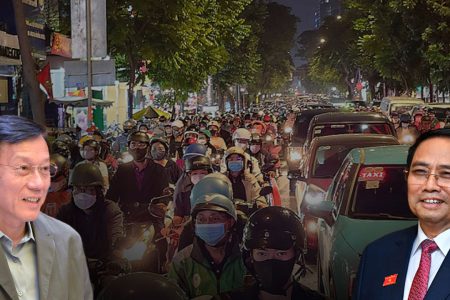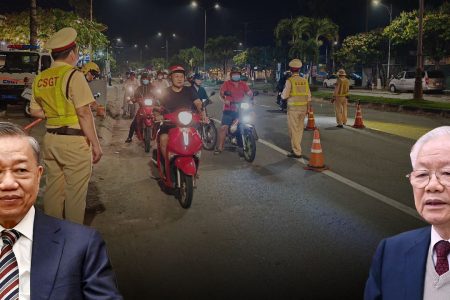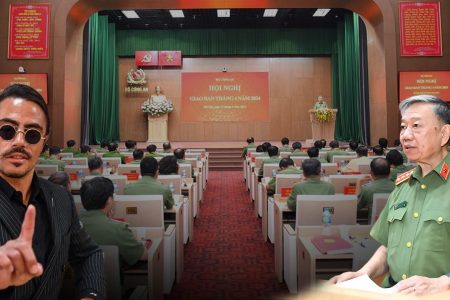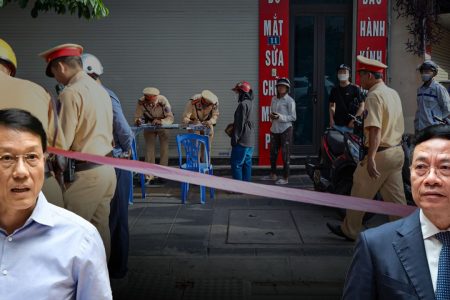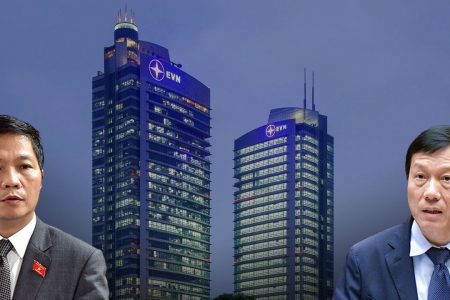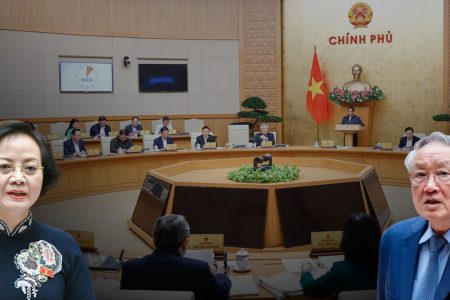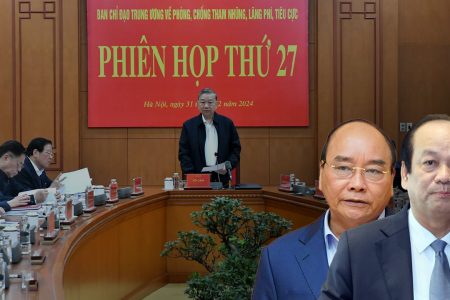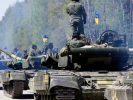
In the world, there is no political system as cumbersome as Vietnam’s communist state apparatus. The way the Communist state apparatus is organized is a dual one. That is, there are two apparatuses to run the country, not just one like in democracies. In Vietnam, in addition to the State apparatus, there is also the Party apparatus.
The state apparatus has executive, legislative, and judicial branches. That is, the Government, Parliament and the Court system. However, that is not enough, the Communist Party also established a second apparatus, which is the Party apparatus. If it is said that the Government apparatus is headed by the Prime Minister, then the Party apparatus is headed by the General Secretary.
In this dual structure, the Party apparatus stands above the state apparatus and commands the state apparatus. Therefore, although the number of members of the Communist Party of Vietnam is only about 5 million and takes about 5% of the nation’s population but in terms of power, the General Secretary has the highest authority.
Normally, the Party apparatus sets the policy and the state apparatus implements it. In the state apparatus, the Government is responsible for implementing most of the policies set forth by the Party.
Nguyen Phu Trong once said, “The Constitution is the second most important document after the Party Resolution.” That is, Trong openly stated that the Party is above the law. Therefore, going parallel with the parallel apparatus is a system of dual rules. That is the Party law (ie the Party Charter) and the law (ie the Constitution, laws and other legal documents under the law). The party regulations have more power than the state law.
Because the two layers of law and the apparatus coincide, a new phenomenon occurs, one side does the other. One side is making efforts while the other side is holding back. The operating mechanism of the state apparatus in the form of separation of powers is three branches of power that are independent of each other and control each other, in order to limit wrongdoing, limit corruption, and limit abuse of power. Meanwhile, the communist way of organizing the dual state apparatus is overlapping, causing waste, and creating conditions for the abuse of power and the inability to correct mistakes.
Currently, the government’s economic policies are stagnating, because of the constraints of the Party apparatus. Nguyen Phu Trong used the Central Inspection Commission, the Central Committee for Internal Affairs, and the Central Steering Committee for the prevention and fight against corruption and negativity to cut firewood and put it into the kiln, resulting in the whole government is filled with fear. No one dares to do it, because doing it is afraid of making mistakes, and if it is wrong, they can go to the oven.
In countries like Australia, the US, etc… there is no so-called “Central Inspection Commission” or “Central Steering Committee on anti-corruption and wrongdoings” at all. Corruption or negativity is a criminal offense, and criminal offenses are handled by the law, there is no need of different organizations like Vietnam. In democratic countries, only the rule of law prevails. No one is above the law. There will be no bizarre law called “Party charter” like Vietnam. The twin apparatus it caused the phenomenon of tying each other’s feet, the Party side tying the Government’s feet.
Recently, Tien Phong newspaper said that, at the end of the first quarter, the rate of disbursement of public investment capital only reached 9.69%, lower than the same period in many recent years; Many ministries and branches have not yet disbursed any public investment capital. The cause is not difficult to recognize, it is due to the phenomenon of fear of not daring to do, or doing in moderation and looking ahead. This is an example of the result of the Government being tied down by the Party.
From the imbalance in the power game, it is okay for the Party to tie the government’s feet, but not vice versa, so as a result, PM Chinh is always at a disadvantage to the party’s chief. Currently, any policy proposed by the Government is destroyed by the Party by screening and probing activities of government officials, both in the central and local levels, so who dares to implement it? And in the end, none of the policies are fully implemented, most of them either fail or are only half done.
Thoibao.de (Translated)







